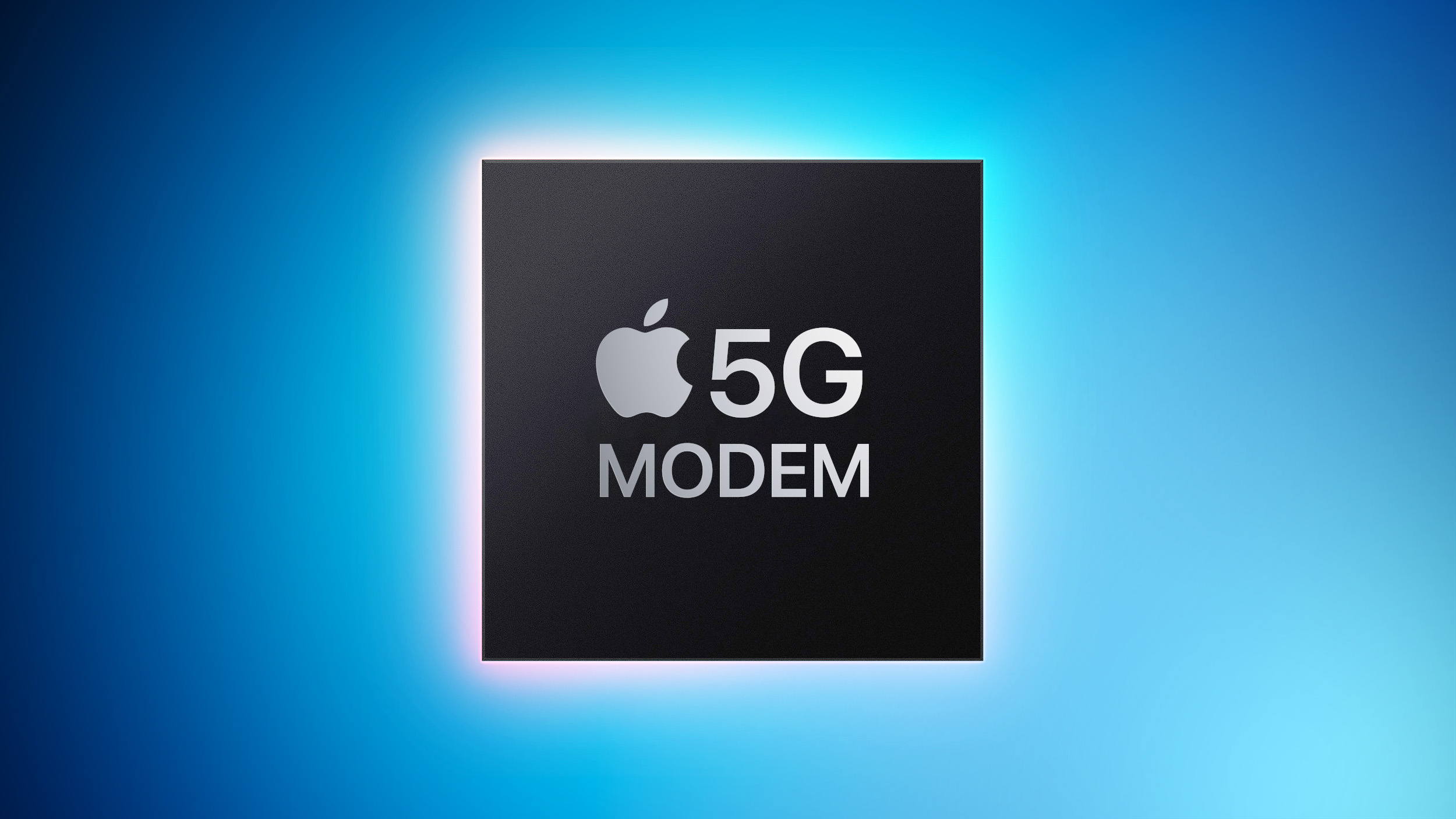
Taiwanese industry publication DigiTimes today reported that Apple's in-house 5G modem has yet to incorporate mmWave technology. Until that changes, Apple will likely continue to rely on its existing 5G chip supplier Qualcomm for iPhone models that support mmWave, including U.S. models of all iPhone 12 models and newer.
Apple analyst Ming-Chi Kuo in July said two iPhone models with an Apple-designed 5G modem will be released in 2025, including a new iPhone SE in the first quarter of the year and an ultra-thin iPhone 17 model in the third quarter. As a lower-priced device, it would make sense for the next iPhone SE to lack mmWave support, and it might also be a necessary compromise in order for the ultra-thin iPhone 17 to achieve a slimmer design.
mmWave is a set of 5G frequencies that promise ultra-fast speeds at short distances, which is ideal for dense urban areas. By comparison, sub-6GHz 5G is generally slower than mmWave, but the signals travel further, better serving suburban and rural areas. sub-6GHz networks are still more common than mmWave networks in many countries.
All existing iPhones that are currently sold by Apple are equipped with Qualcomm modems for cellular connectivity, but Kuo expects Apple to transition away from Qualcomm over time. Earlier this year, Apple extended its 5G modem supply agreement with Qualcomm for iPhone launches through 2026, so Apple still has plenty of time.
In 2019, Apple acquired the majority of Intel's smartphone modem business, as part of its efforts to design its own 5G chip. It is unclear if Apple's chip would have any consumer benefits over Qualcomm's modems, but it would reduce Apple's reliance on an external supplier. In 2017, Apple sued Qualcomm over alleged anticompetitive practices and $1 billion in unpaid royalty rebates. The two companies settled the lawsuit in 2019.
Tags: Apple 5G Modem, DigiTimes
This article, "Apple's First 5G Chip for iPhones Reportedly Won't Support mmWave" first appeared on MacRumors.com
Discuss this article in our forums








 English (US) ·
English (US) ·